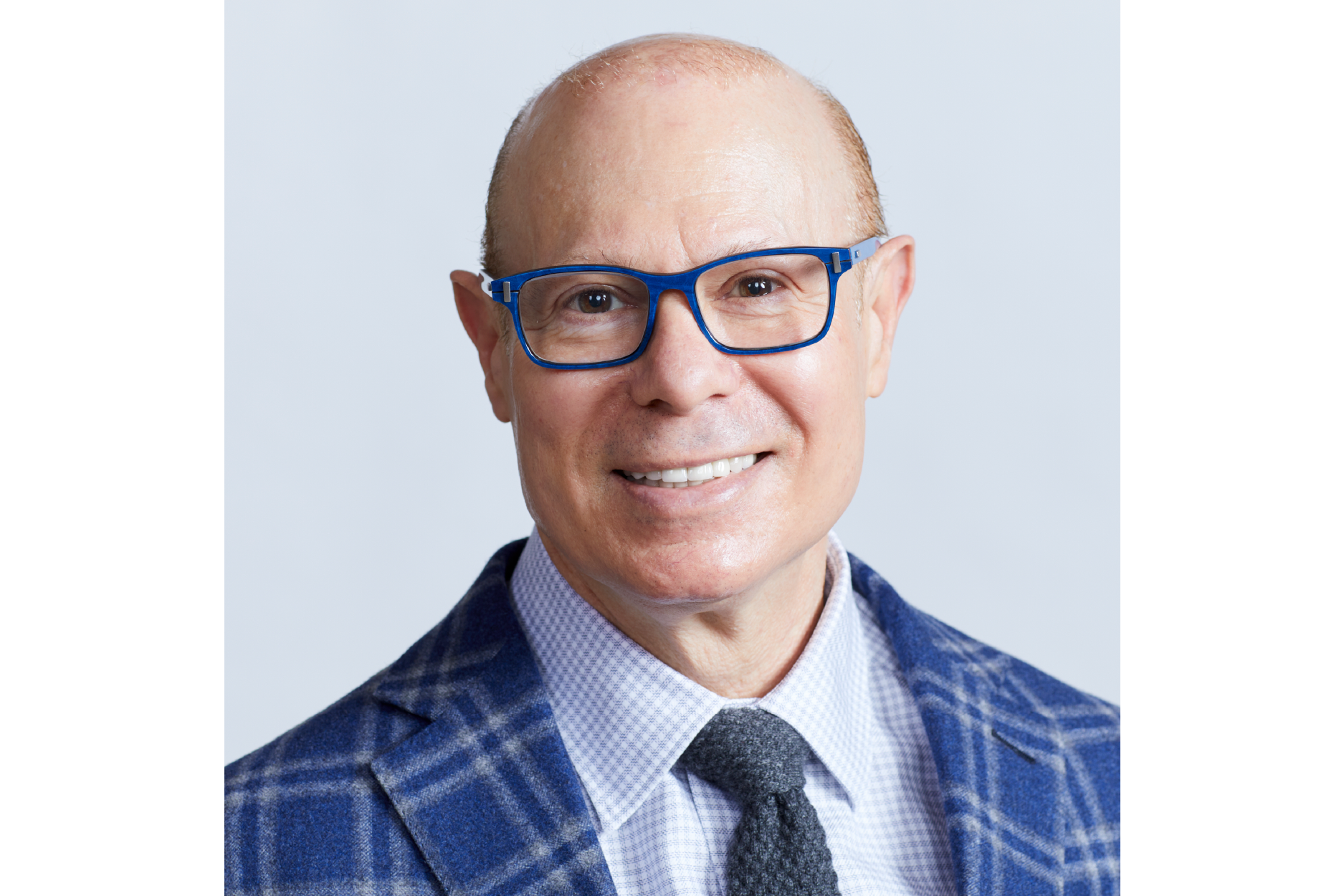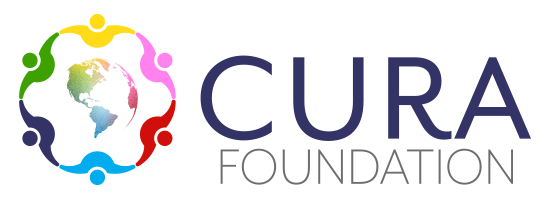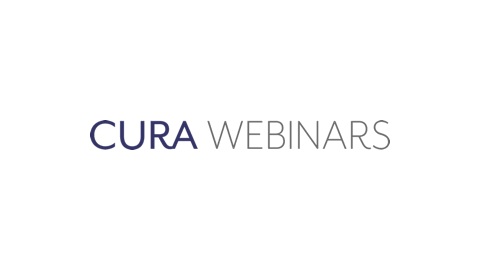
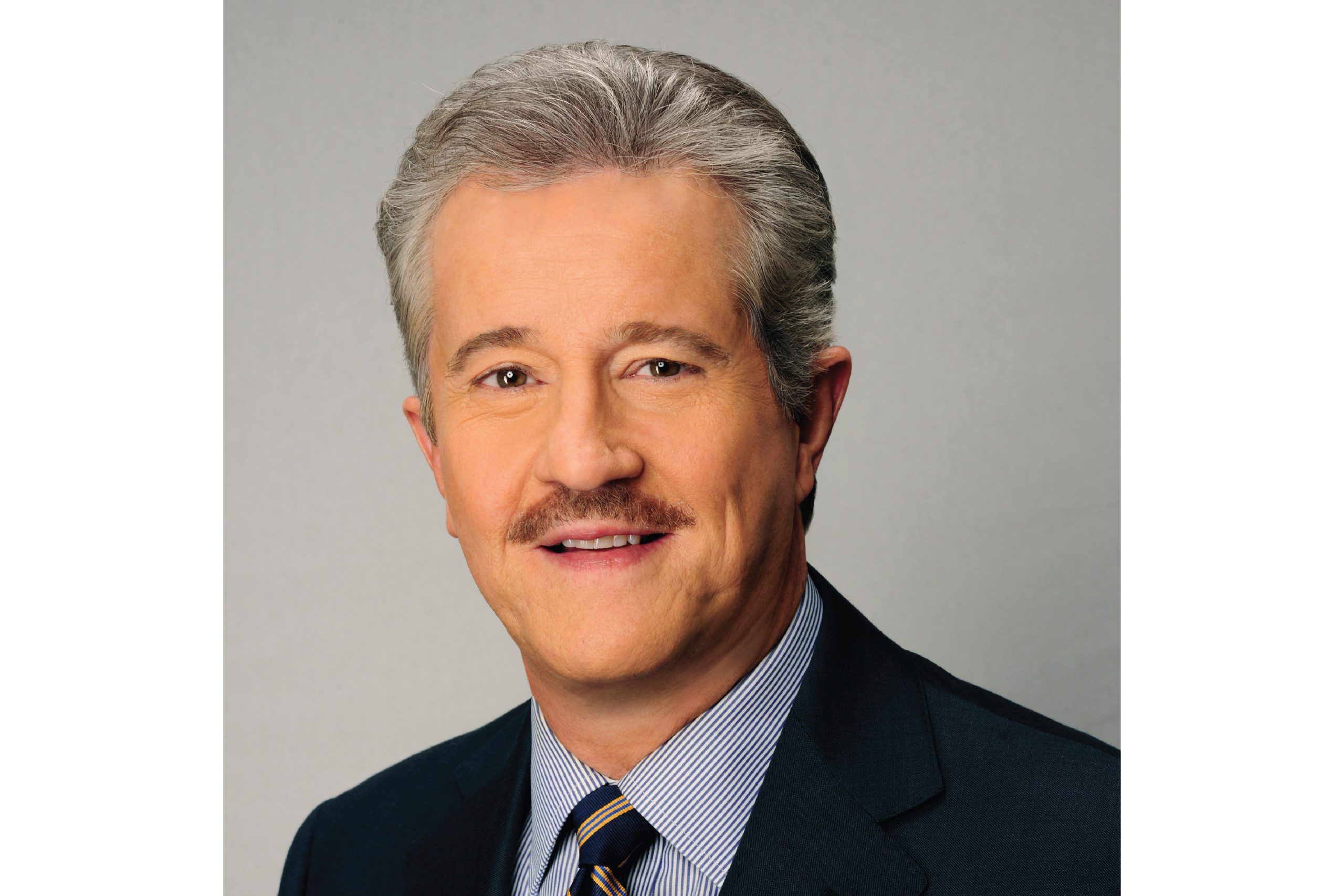
Max Gomez, PhD
One of TV’s most respected medical journalists, Dr. Max Gomez has produced award-winning health and science segments for network stations in New York and Philadelphia. Dr. Max has reported for “Dateline,” “The Today Show” and “48 Hours.” He is currently the senior medical correspondent for WCBS, the flagship CBS network station in New York. Over nearly four decades, he’s earned nine Emmy® Awards, three New York State Broadcasters Association awards and UPI’s Best Documentary award. Dr. Gomez has served on the national board of directors for the American Heart Association, the Princeton Alumni Weekly, and Partnership for After School Education. He co-authored three books and received an honors AB degree from Princeton University, a Ph.D. in neuroscience from the Wake Forest University School of Medicine and was U.S. National Institutes of Health postdoctoral fellow at Rockefeller University.
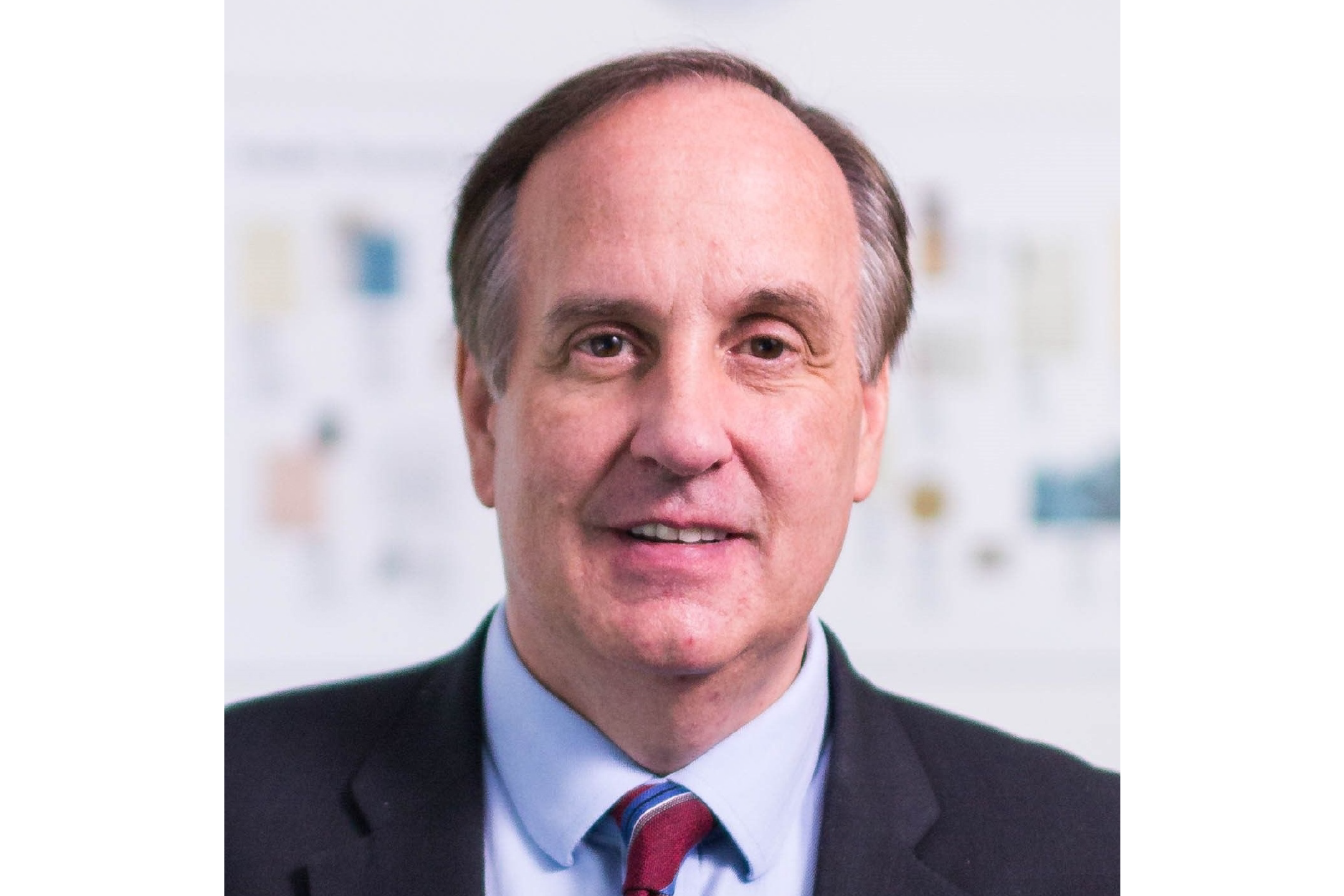
Michael E. Farkouh, MD
Peter Munk Chair in Multinational Clinical Trials,
Director, Heart & Stroke/Richard Lewar Centre of Excellence,
Vice-Chair, Research and Professor of Medicine, Department of Medicine
University of Toronto
Michael E. Farkouh, M.D., is internationally known for his work on the management of acute coronary syndromes in the emergency room & has a special interest and expertise in the field of cardiovascular disease in diabetic patients. He graduated from the Schulich School of Medicine at Western University & completed his internal medicine and cardiology training at the Mayo Clinic and the Icahn School of Medicine at Mount Sinai New York respectively. He holds an MSc in clinical epidemiology from McMaster University. He served as the founding director of the Mount Sinai Cardiovascular Clinical Trials Unit in New York City. Dr. Farkouh has received the Gold Medal from John Paul II Hospital in Krakow, was elected Teacher of the Year at the Mayo Clinic & was awarded the Jan J. Kellermann Memorial Award for Cardiovascular Disease Prevention from the International Academy of Cardiology. Dr. Farkouh serves as section editor for Diabetes at the Journal of the American College of Cardiology.
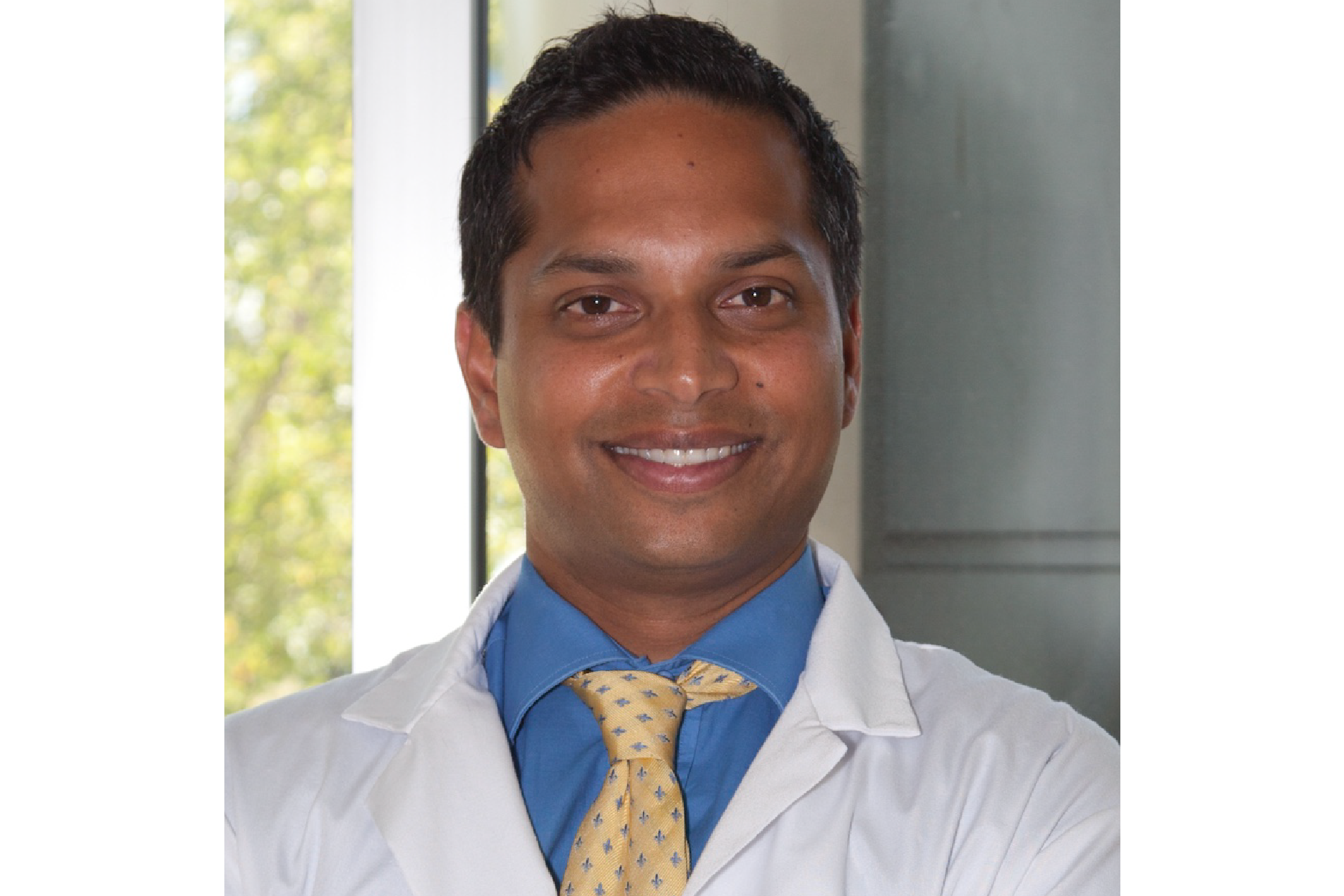
Sascha Goonewardena, MD
Assistant Professor of Medicine and Frances and Kenneth Eisenberg Emerging Scholar, Taubman Medical Research Institute
University of Michigan Medical School
Sascha N. Goonewardena, M.D., received his medical degree from the University of Michigan and completed his residency in Internal Medicine at the University of Chicago. He then completed a fellowship in cardiovascular medicine at the University of Michigan, Ann Arbor, Michigan. Dr. Goonewardena is a member of the Michigan Nanotechnology Institute for Medicine and Biological Sciences (MNIMBS) and the Frances and Kenneth Eisenberg Emerging Scholar at the Taubman Medical Research Institute. Dr. Goonewardena was the recipient of an NIH K08 award from the NHLBI and has obtained received several mechanistic and translational awards focused on developing nanotechnologies for inflammatory diseases including cardiovascular disease. He was awarded the ASCI Council Young Physician-Scientist Award in 2016. Currently, he is an associate editor for Cardiovascular Drugs and Therapy and has several patents on microfluidic diagnostics and nanotherpaeutics.
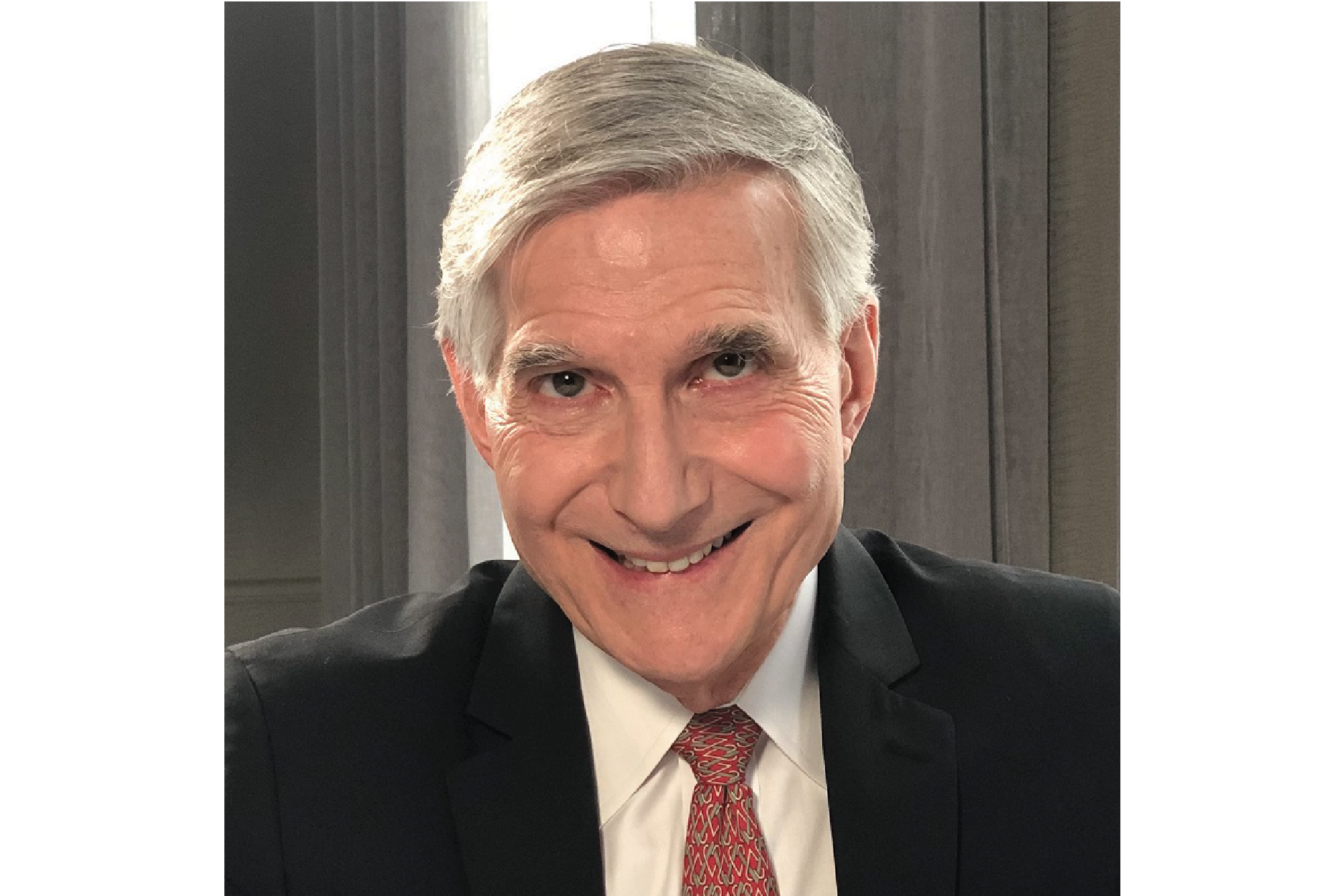
Peter Libby, MD
Cardiovascular Specialist, Brigham and Women’s Hospital
and Mallinckrodt Professor of Medicine, Harvard Medical School
Peter Libby, M.D., is a cardiovascular specialist at Brigham and Women’s Hospital in Boston. His areas of clinical expertise include general & preventive cardiology. His current major research focus is the role of inflammation in vascular diseases such as atherosclerosis. Dr. Libby has a particular devotion to translate laboratory studies to pilot & then large-scale clinical cardiovascular outcome trials. Dr. Libby has published extensively in top-ranked medical journals & received numerous awards and recognitions for his research accomplishments. He is an editor of Braunwald’s Heart Disease. Dr. Libby earned his medical degree at the University of California, San Diego, and completed his training in internal medicine & cardiology at the Peter Bent Brigham Hospital (now BWH). He holds honorary doctorates from the Université de Lille, France & Université Laval, Québec, Canada, as well as a Doctor Medicinæ Honoris Causa from Johann Wolfgang Goethe University, Frankfurt am Main, Germany.
